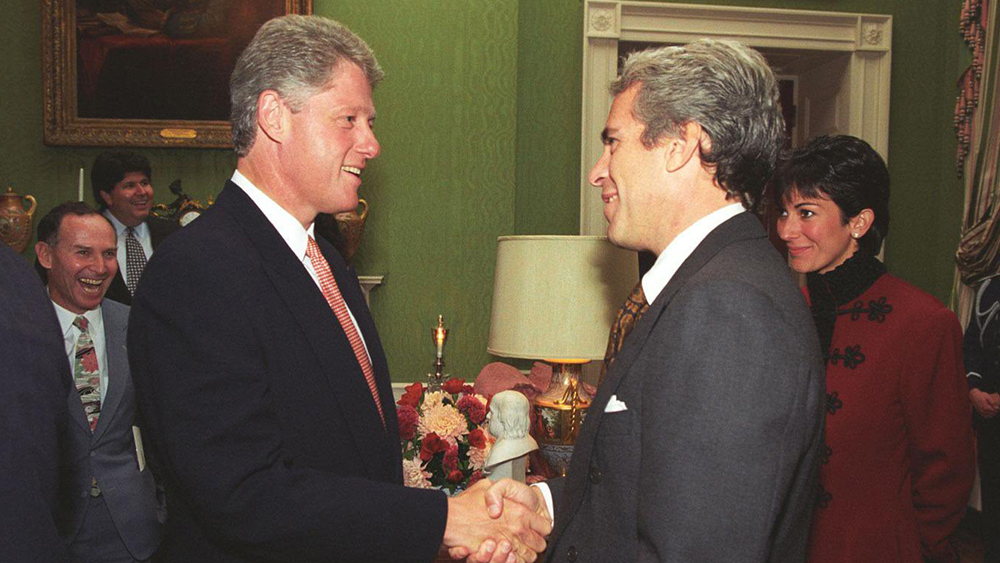© Brighteon.com All Rights Reserved. All content posted on this site is commentary or opinion and is protected under Free Speech. Brighteon is not responsible for comments and content uploaded by our users.
This channel has partnered with the Brighteon Store and receives a small commission from all sales generated from an affiliate link.
Click the shop now button below to help out this channel.
In "Science, Technology, and Government," economist Murray Rothbard presents a compelling critique of government intervention in scientific and technological development, advocating for a free market approach. He argues that the fundamental economic problem of resource allocation is best solved by the price system in a free enterprise economy, where consumer choices guide the efficient distribution of resources. Rothbard contends that government intervention disrupts this natural process, leading to inefficiencies, shortages and a less prosperous society. He emphasizes the importance of limiting government involvement to protecting individual rights and providing essential services, suggesting that even military affairs should be largely managed by private enterprises. Rothbard debunks the "scientist shortage" myth, asserting that market forces naturally address such issues without the need for government subsidies. He celebrates the role of individual inventors and the unpredictable nature of scientific discovery, arguing that government control stifles creativity and innovation. Extending his analysis to space exploration and atomic energy, Rothbard advocates for reducing government control and increasing private enterprise's role. Ultimately, he challenges conventional wisdom by proposing that a decentralized, market-driven approach is the most effective path to technological advancement and economic prosperity.
For more videos, visit BrightLearn.ai
Find a copy of this amazing book here.





